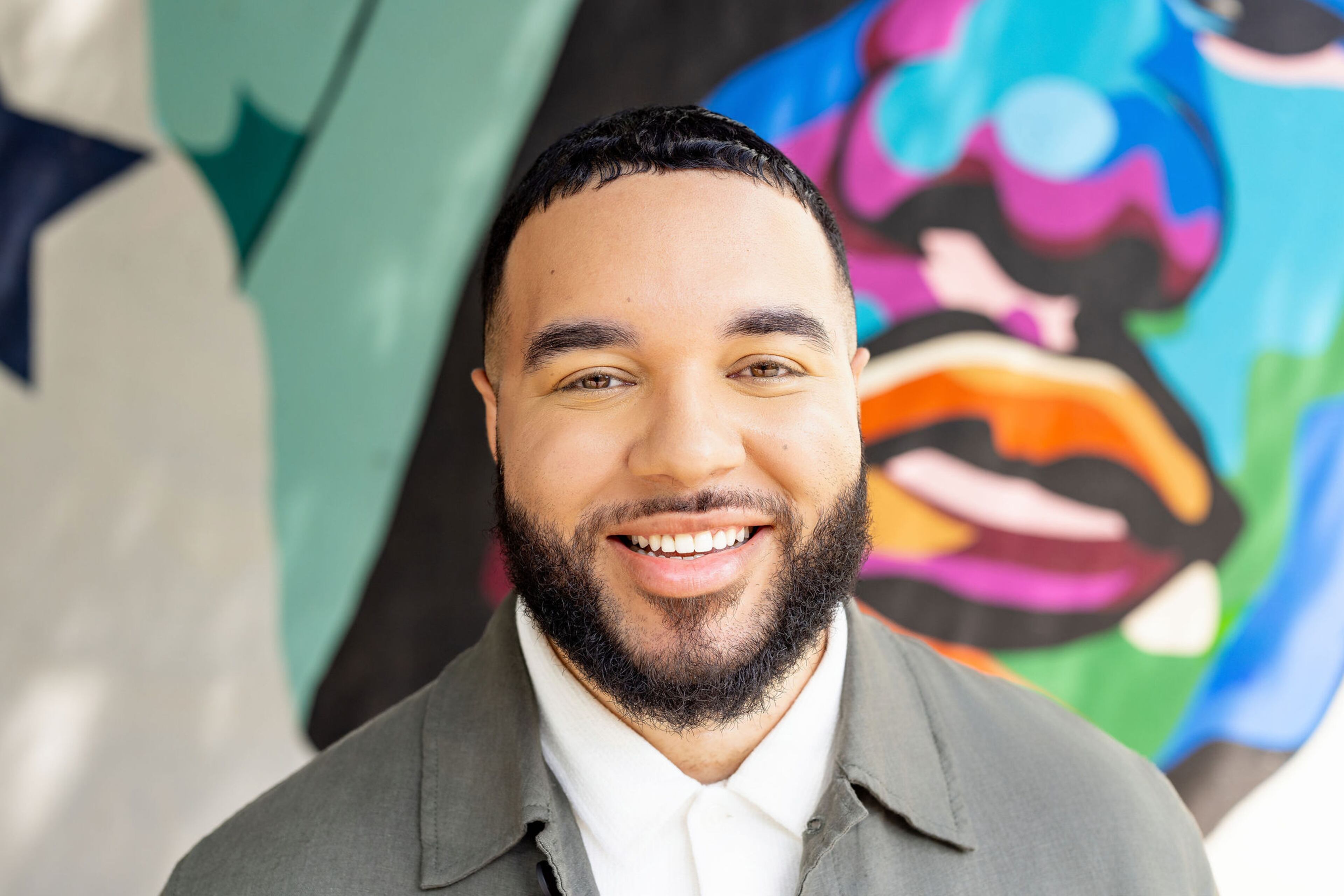Building King’s beloved community by ending predatory debt in Atlanta

The Rev. Martin Luther King Jr.’s dream of the Beloved Community — a society built on justice, equality and shared prosperity — was as much about economic liberation as it was about civil rights. He understood that systems of exploitation, including financial injustice, were designed to keep marginalized communities trapped in cycles of poverty. On this Martin Luther King Jr. Day, we must reflect on how Atlanta, the city of King’s birth and work, still struggles under the weight of economic oppression in the form of predatory lending.
Predatory lenders, including auto title loan companies, cluster disproportionately in Atlanta’s majority-Black neighborhoods. “Trapped by Design: How Predatory Lenders Exploit Black Atlanta,” a recent report by Kindred Futures, reveals that 67% of predatory lending institutions in Atlanta are concentrated in majority-Black neighborhoods, despite these areas making up a smaller share of the city’s population. Meanwhile, just 33% of such businesses exist in wealthier, non-majority Black neighborhoods with greater access to traditional banking services. This stark imbalance is no accident; it is a deliberate strategy that thrives on systemic racial and economic inequities.

The economic harm caused by these practices is staggering. Our estimates show title loans alone drain $128.2 million annually from Atlanta’s economy, with ripple effects that result in the loss of 1,336 jobs each year. Over the past decade, this financial exploitation has amounted to $1.2 billion in economic losses for Atlanta. Retail trade, health services and local businesses suffer as families are forced to divert resources to pay off high-interest loans, leaving them with less money to spend on essential goods and services.
For Atlanta’s Black communities, these losses represent more than numbers. They signify a deepening of the racial wealth divide. The average net worth of Black households in Atlanta is just $5,180, compared with $194,043 for white households. Predatory lenders exacerbate this disparity by trapping families in cycles of debt, often resulting in car repossessions, job loss and damaged credit. More than 37,000 Black Atlantans live in banking deserts — areas with no bank branches within a 2-mile radius — making them particularly vulnerable to these exploitative financial products.
King once said, “We must rapidly begin the shift from a thing-oriented society to a person-oriented society.” Predatory lending embodies the opposite: a thing-oriented approach that prioritizes profit over people. These lenders extract wealth from Black neighborhoods, perpetuating poverty rather than providing pathways to financial stability.
King’s vision of a beloved community calls us to action. To honor his legacy, Atlanta must dismantle the systems of financial exploitation that target its most vulnerable residents. This begins with bold, transformative policies:
· Cap interest rates. Georgia should implement a 36% APR cap on title loans, following the example of other states, including Colorado and Illinois. To achieve the biggest benefit for consumers, Georgia can follow the lead of neighboring North Carolina and effectively prohibit title lending altogether. Such caps have been proved to reduce the cycle of debt for low-income borrowers.
· Zoning reform. Local policymakers should use zoning laws to limit the density of predatory lenders in majority-Black neighborhoods. Cities in Alabama, Mississippi and other states have already successfully restricted predatory institutions through targeted zoning reforms.
· Expand financial alternatives. Investment in Community Development Financial Institutions can provide accessible, low-interest loans and financial services to underserved neighborhoods. CDFIs are legally designed to support people and places pushed out of economic opportunity.
King reminded us that “injustice anywhere is a threat to justice everywhere.” Predatory lending is an injustice that harms Atlanta’s families, businesses and economy as a whole. On this MLK Day, we must commit to ending this exploitation and building a system of economic justice that aligns with King’s vision.
Atlanta has the opportunity to become a model for equitable economic development. By addressing predatory debt, we can turn financial losses into investments in Black neighborhoods, create jobs and support families in achieving financial independence. In doing so, we move closer to realizing the beloved community — a community where everyone has the opportunity to thrive.
Alex Camardelle is vice president of policy and research for Kindred Futures.

